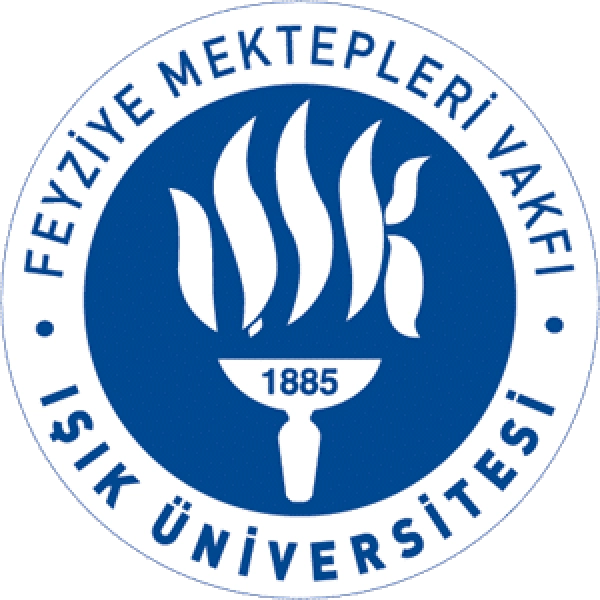Faculty: Graduate School of Social Sciences
The Applied Economics major focuses on the practical application of economic theories and principles to address real-world problems. Students develop skills in economic analysis, data interpretation, policy evaluation, and decision-making. Graduates are prepared for careers in government, business consulting, and research organizations.
Learning Objectives:
- Understand the basics of economics and its applications.
- Develop skills in economic analysis, data interpretation, and policy evaluation.
- Learn techniques for applying economic principles to business decisions and policies.
- Explore microeconomics, macroeconomics, econometrics, and public policy principles.
- Analyze and interpret economic data and trends.
- Develop critical thinking, problem-solving, and analytical skills for effective economic practice.
Main Curriculum:
- Introduction to Economics
- An overview of key concepts and principles in economics.
- The basics of microeconomics, macroeconomics, and economic theory.
- Microeconomics
- Principles of microeconomics, including consumer theory, production, and market structures.
- Techniques for analyzing the behavior of individuals and firms in markets.
- Macroeconomics
- Principles of macroeconomics, including national income, fiscal policy, and monetary policy.
- Techniques for analyzing macroeconomic behavior and policy impacts.
- Econometrics
- Principles of econometrics, including statistical methods, regression analysis, and data interpretation.
- Techniques for conducting economic research and analyzing economic data.
- Public Policy and Economics
- Principles of public policy and economics, including policy analysis, cost-benefit analysis, and regulatory economics.
- Techniques for evaluating and designing effective public policies.
- Industrial Organization
- Principles of industrial organization, including market structures, competition, and antitrust policy.
- Techniques for analyzing industry behavior and strategic interactions.
- International Economics
- Principles of international economics, including trade theory, international finance, and global economic integration.
- Techniques for analyzing international trade, finance, and economic policies.
- Practical Training
- Practical experiences in economic environments, including internships in government agencies, consulting firms, or research institutions.
- Application of acquired skills in practical economic scenarios.
- Capstone Project in Applied Economics
- A comprehensive project applying skills in economic analysis, policy evaluation, or data interpretation.
- Presentation of a refined economic research project, policy analysis, or data interpretation report.
Assessment Methods:
- Economic analysis reports, micro and macroeconomic studies, econometrics projects, public policy evaluations, industrial organization analyses, international economics projects, practical training reports, capstone projects, group projects, and presentations.
Recommended Textbooks:
- "Applied Economics" by various authors.
- "Microeconomics" by various authors.
- "Macroeconomics" by various authors.
- "Econometrics" by various authors.
- "Public Policy and Economics" by various authors.
- "Industrial Organization" by various authors.
- "International Economics" by various authors.
Prerequisites:
Basic knowledge in economics, mathematics, and statistics, and an interest in economic analysis and policy.
Duration of the Major:
Typically 4 years to obtain a bachelor's degree, including coursework, internships, and a capstone project. For advanced practice, a master's degree in Applied Economics can be pursued, usually taking an additional one or two years.
Certificate:
Graduates can earn a degree in Applied Economics, pursue higher education, or obtain professional certifications in specialized fields within economics or policy analysis.
Target Audience:
Aspiring economists, policy analysts, business consultants, researchers, and professionals aiming to work in government agencies, consulting firms, research institutions, and commercial organizations. This major equips students with the analytical, problem-solving, and policy-making skills necessary to excel in applied economics, supporting careers in various economic and policy-related roles and industries.


